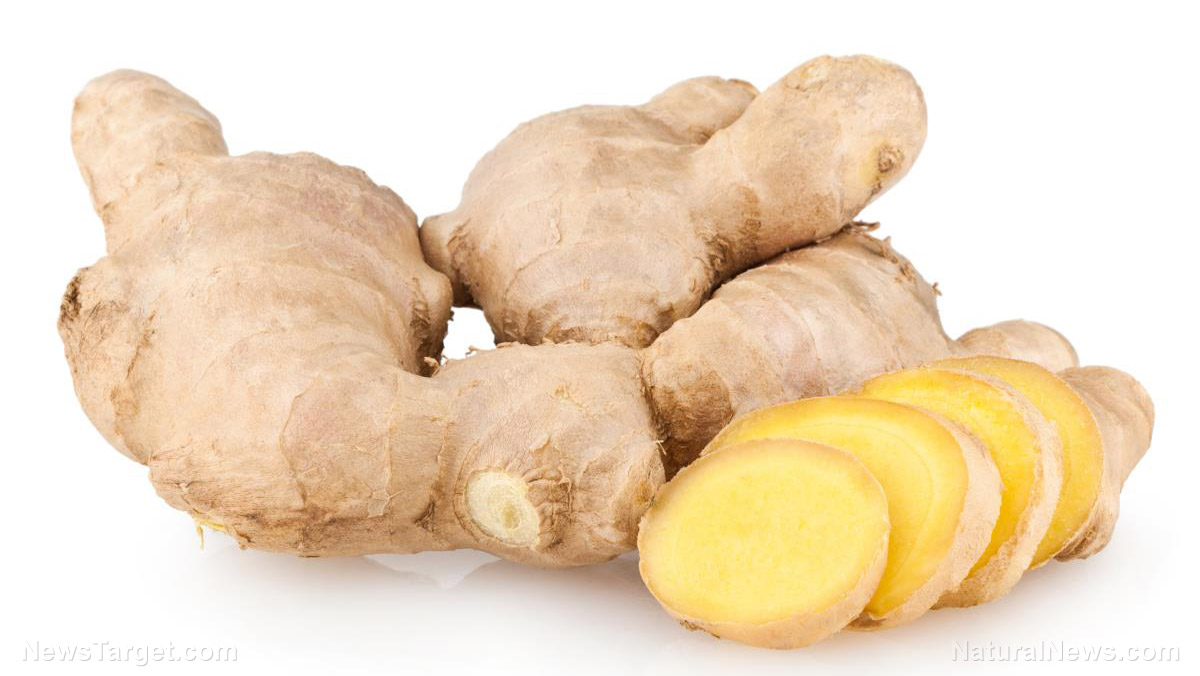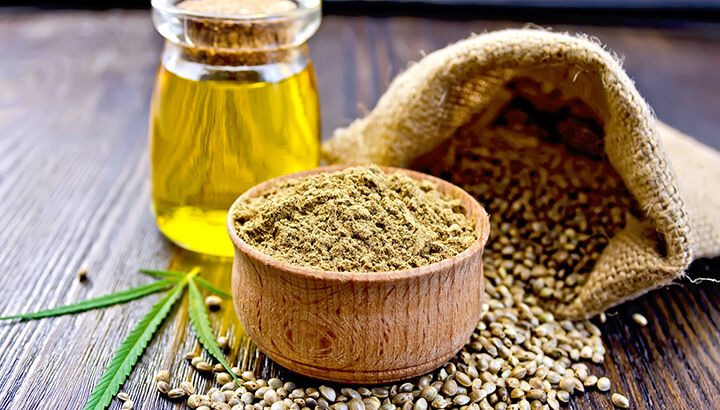For 2,000 years, kombucha has been imbibed as a healthy beverage in the East. Traditional Chinese medicine called the fermented sweetened tea the “immortal health elixir” for its many benefits. A Spanish study determined that the various bio-active compounds in this fascinating superfood work together to support human health.
Bio-active compounds are not strictly nutrients since they are not essential to life. However, they are still highly beneficial because they improve human health and well-being. These natural compounds can enhance gut bacteria populations, improve the absorption of nutrients, and help avoid diseases.
In kombucha, many of these bioactive compounds are naturally found in the tea before it undergoes fermentation. The most important ones are catechins, powerful antioxidants that reduce the risk of disease by destroying toxic free radicals and metals. (Related: Beetroot juice found to decrease blood pressure and could be a great alternative treatment for people with cardiovascular disease.)
Tea catechins can also stop the growth of cancer cells. The polyphenol-based antioxidants have been shown to inhibit the spread of colon cancer, leukemia, and stomach cancer.
Green tea is especially rich in cancer-fighting polyphenols. These antioxidants help purge cancer-causing foreign chemicals from the liver.
Furthermore, tea polyphenols can reduce the risk of cardiovascular diseases. They can prevent atherosclerosis, reduce the amount of bad cholesterol absorbed by the body, and prevent high blood pressure caused by vasoconstrictors.
Cancer-fighting kombucha also has highly beneficial glucuronic acid
Kombucha has conventional nutrients as well. It contains significant amounts of B-vitamins and vitamin C, as well as minerals like copper, iron, manganese, nickel, and zinc.
It also has a low amount of ethanol. While not enough to qualify it as a true alcoholic drink, kombucha has enough ethanol for the so-called “French paradox” effect, where moderate amounts of alcohol consumption lowered the risk of coronary heart disease.
The fermentation process creates a large number of organic acids. Some of these prevent microbial pathogens from contaminating kombucha, while others can aid sleep and detoxify various toxic substances.
Glucuronic acid (GlcUA) is perhaps the most important representative of these organic acids. It fulfills many roles, such as helping the detoxification of the liver by removing endobiotics like bilirubin that disrupt carbohydrate and protein metabolism.
GlcUA also increases the bio-availability of important compounds by serving as transportation, keeping them in the body for longer periods of time, and eliminating excess. Some of the bio-active compounds that benefit from these are polyphenols, estrogens, androgens, and vitamin D.
The organic acid also blocks lipid peroxidation, which is linked to atherosclerosis, kidney problems, and Parkinson’s disease. In addition, GlcCUA is found in many glycosaminoglycans (GAGs), essential polysaccharides that form structures inside the body such as bones, cartilage, lubricating fluids in joints, and skin.
Finally, glucuronic acid is used to form L-ascorbic acid, better known as vitamin C and another antioxidant.
Kombucha can regulate glucose problems and protect damaged livers
In their review of kombucha, the University of Monterrey (UDEM) researchers cited a number of animal studies that demonstrated kombucha’s health benefits. In rats, consumption of the fermented tea can regulate glucose metabolism disorders.
A separate study compared the effects of kombucha and milk thistle on rats with damaged livers that simulated liver fibrosis. Both foods showed similar success in detoxifying the livers of the animals, given they contained high amounts of polyphenols.
That same experiment showed that green tea kombucha was better than black tea kombucha when it came to protecting the liver from free radicals. You may want to keep that in mind when you feel like grabbing a glass of this great superfood.
Sources include:
Science.news
TAndFOnline.com
SemanticScholar.org
NCBI.NLM.NIH.gov




















